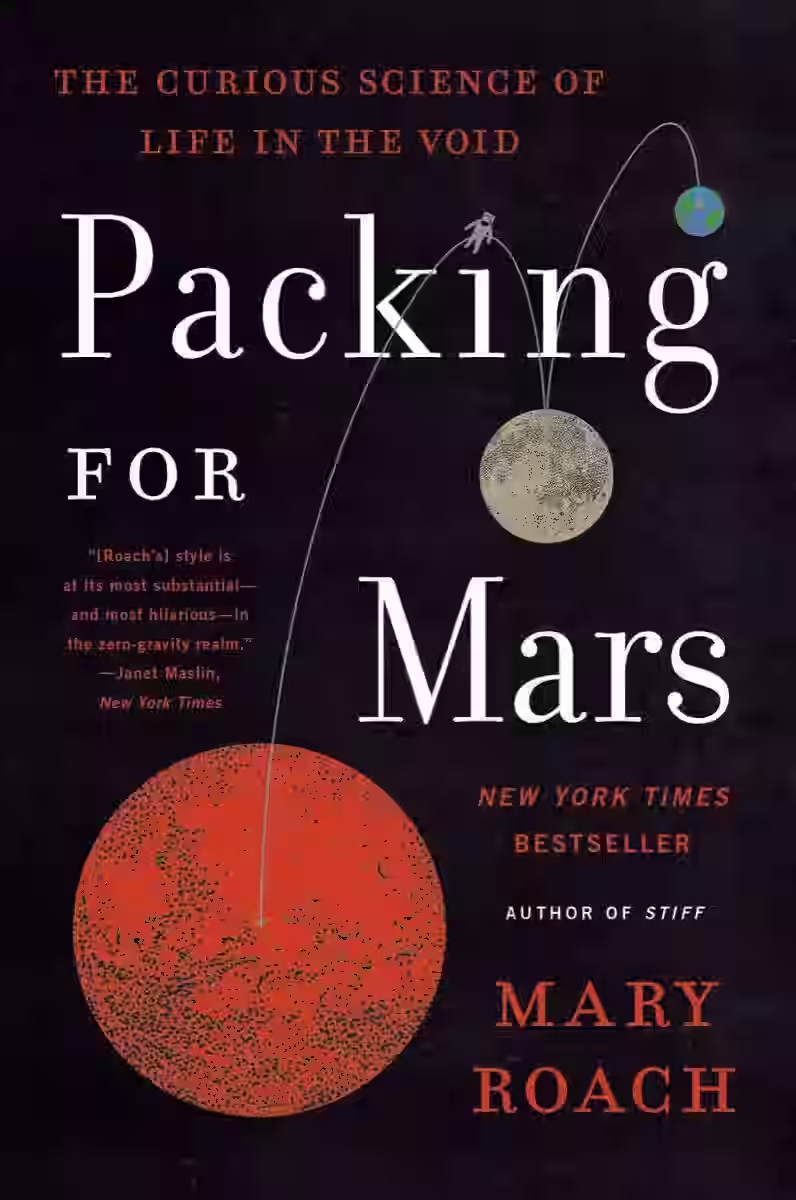
In 'Packing for Mars', Mary Roach takes readers on a fascinating exploration of the bizarre, often overlooked, yet crucial aspects of space travel. Roach delves into the challenges astronauts face, from coping with zero gravity to managing bodily functions in space. Through a mix of humor and in-depth research, she unveils the complexities of preparing for missions to Mars and sheds light on the remarkable ingenuity and dedication of the individuals working in space programs. With wit and insight, Roach examines the science, psychology, and logistics behind space travel, offering a captivating and often quirky glimpse into the world of astronauts and the unknown frontier of Mars.
About Mary Roach
Mary Roach is an American author known for her witty and insightful exploration of scientific topics. Born in 1959, Roach pursued a career in journalism before transitioning to writing books. She gained widespread acclaim for her unique blend of humor and meticulous research in works such as 'Stiff: The Curious Lives of Human Cadavers' and 'Gulp: Adventures on the Alimentary Canal.' Roach's writing delves into the quirky and lesser-known aspects of science, bringing complex subjects to a mainstream audience with accessible yet informative prose. Her ability to humanize scientific topics and engage readers with her distinct narrative style has solidified her reputation as a pioneering figure in popular science writing.
Similar Books
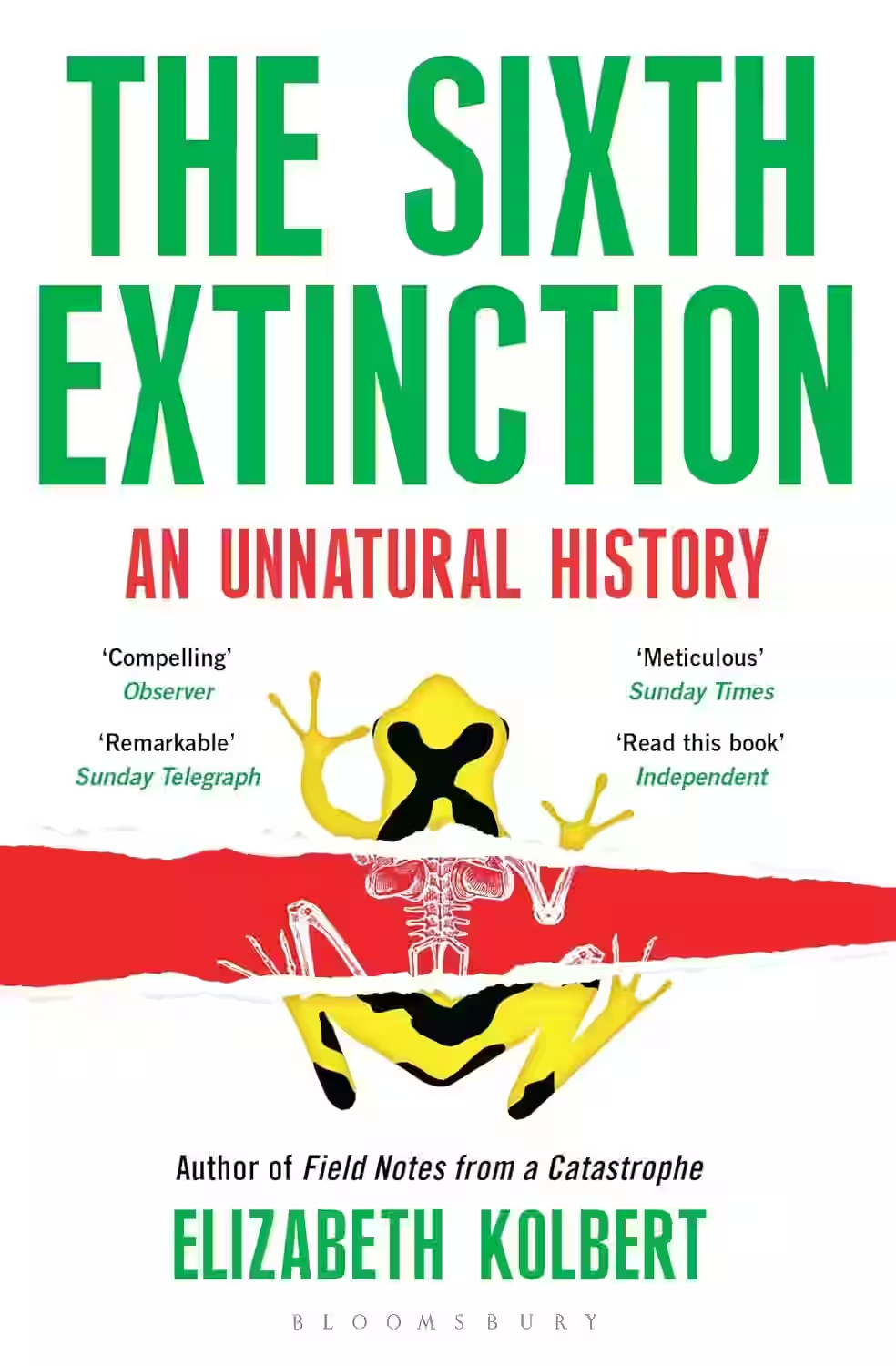
The Sixth Extinction
In The Sixth Extinction, Pulitzer Prize–winning journalist Elizabeth Kolbert investigates the ongoing mass extinction event caused by human activity. Blending field reporting, scientific research, and historical context, Kolbert explores how climate change, habitat destruction, and invasive species are rapidly altering the planet’s biodiversity. She travels the globe—from rainforests to coral reefs—to document species on the brink and speak with scientists studying the crisis. The book highlights how humans have become a geological force, accelerating extinction at an unprecedented rate. Sobering yet eloquent, The Sixth Extinction is a vital call to awareness about the fragility and interdependence of life on Earth.
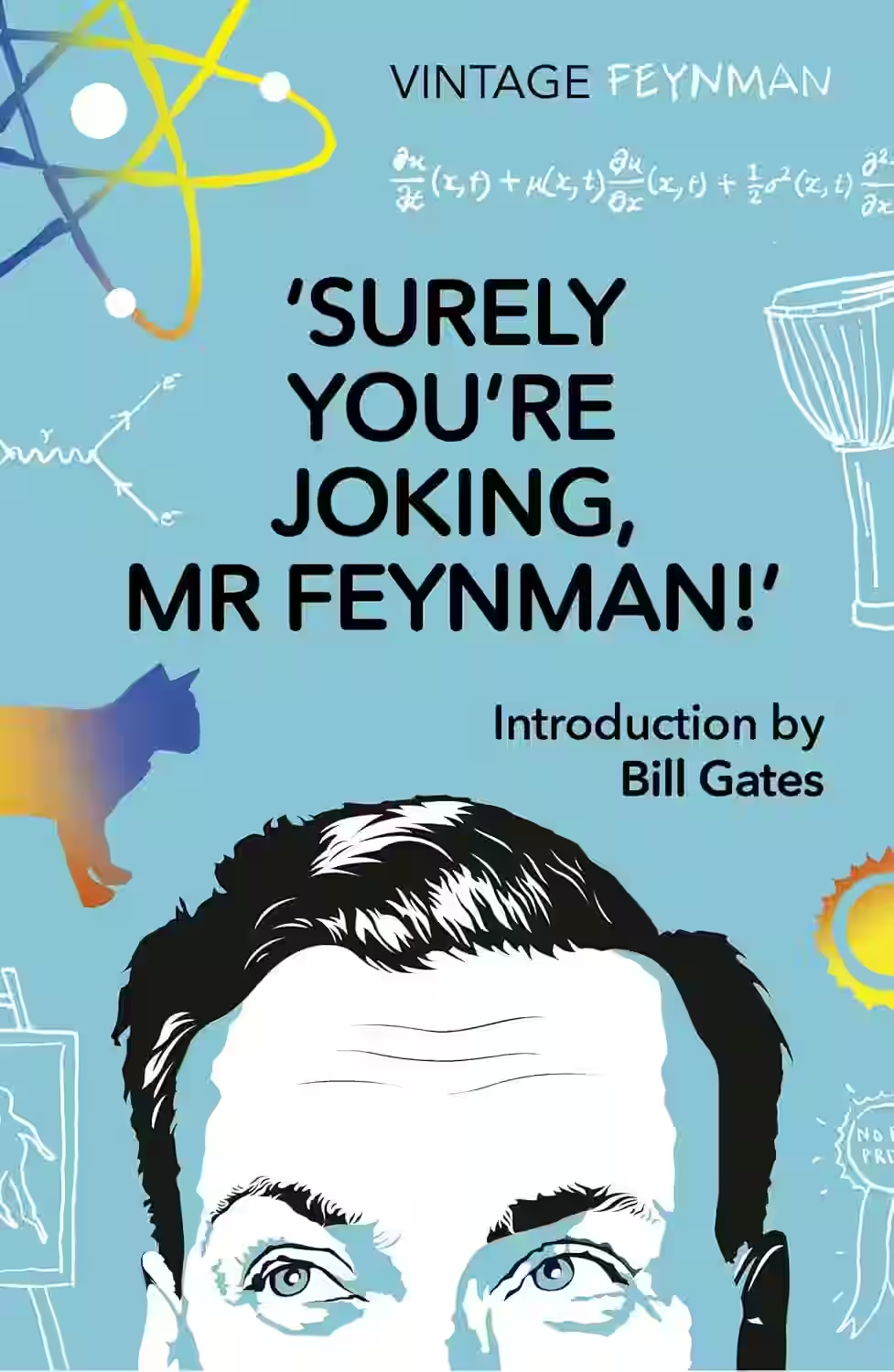
Surely You're Joking Mr Feynman
This warm and insightful portrait captures the wisdom, humor, and boundless curiosity of Nobel Prize-winning physicist Richard Feynman through intimate conversations with his friend Ralph Leighton. Beyond his groundbreaking theoretical work, Feynman was a man of adventure – an artist, safecracker, practical joker, and captivating storyteller. His life, fueled by high intelligence, unyielding curiosity, and healthy skepticism, was a series of remarkable experiences. These recorded conversations, transcribed with minimal alteration, offer a wise, funny, passionate, and utterly honest self-portrait of one of the 20th century's most brilliant and engaging minds.
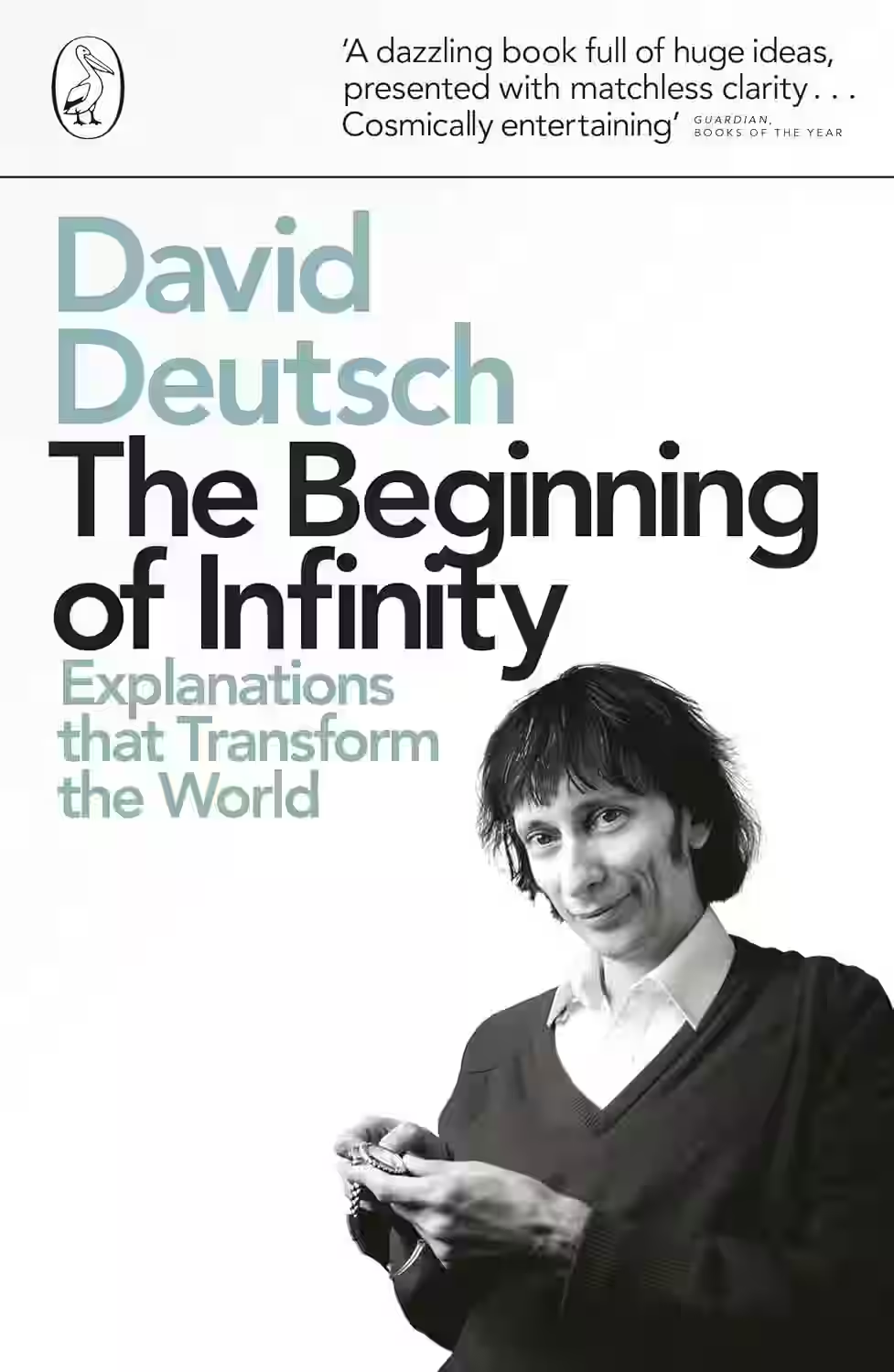
The Beginning of Infinity
David Deutsch's The Beginning of Infinity explores the boundless potential of human knowledge and progress. He argues that through better explanations and critical thinking, humanity can solve problems previously deemed unsolvable. The book delves into topics like quantum physics, philosophy, and the nature of scientific discovery, emphasizing that there are no inherent limits to what we can understand. Deutsch posits that with the right knowledge, we can achieve infinite progress, making this work a profound examination of human potential and the transformative power of ideas.
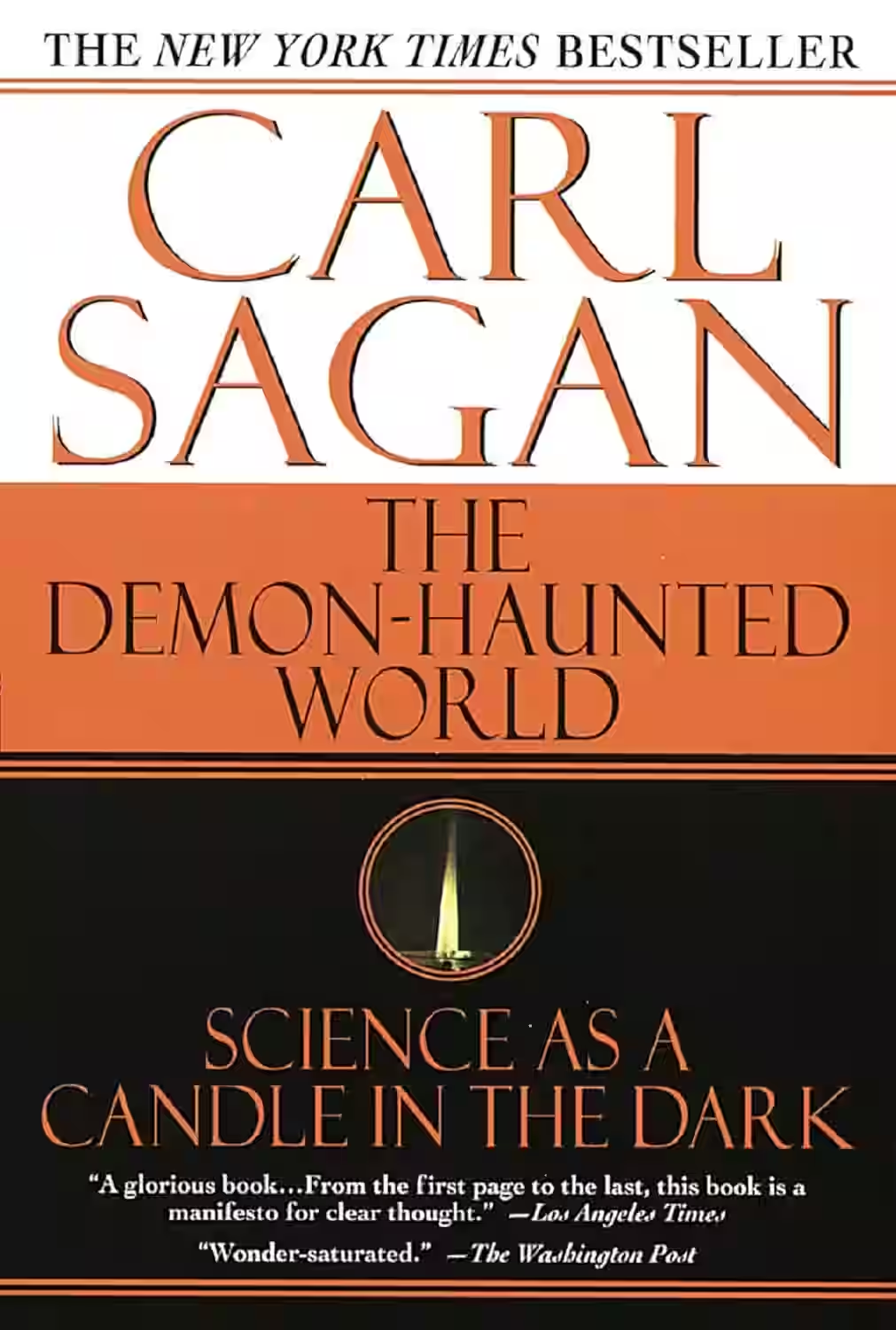
The Demon-Haunted World: Science as a Candle in the Dark
by Carl Sagan
In 'The Demon-Haunted World: Science as a Candle in the Dark', the iconic astrophysicist Carl Sagan explores the importance of critical thinking and the scientific method in a world often plagued by pseudoscience and superstition. Sagan takes readers on a journey through the wonders of the cosmos while also addressing the dangers of ignorance and irrationality. Through captivating anecdotes and compelling arguments, he advocates for a society that values evidence-based reasoning and skepticism. This enlightening book serves as a powerful reminder of the immense potential of science to illuminate our understanding of the universe and combat misinformation.